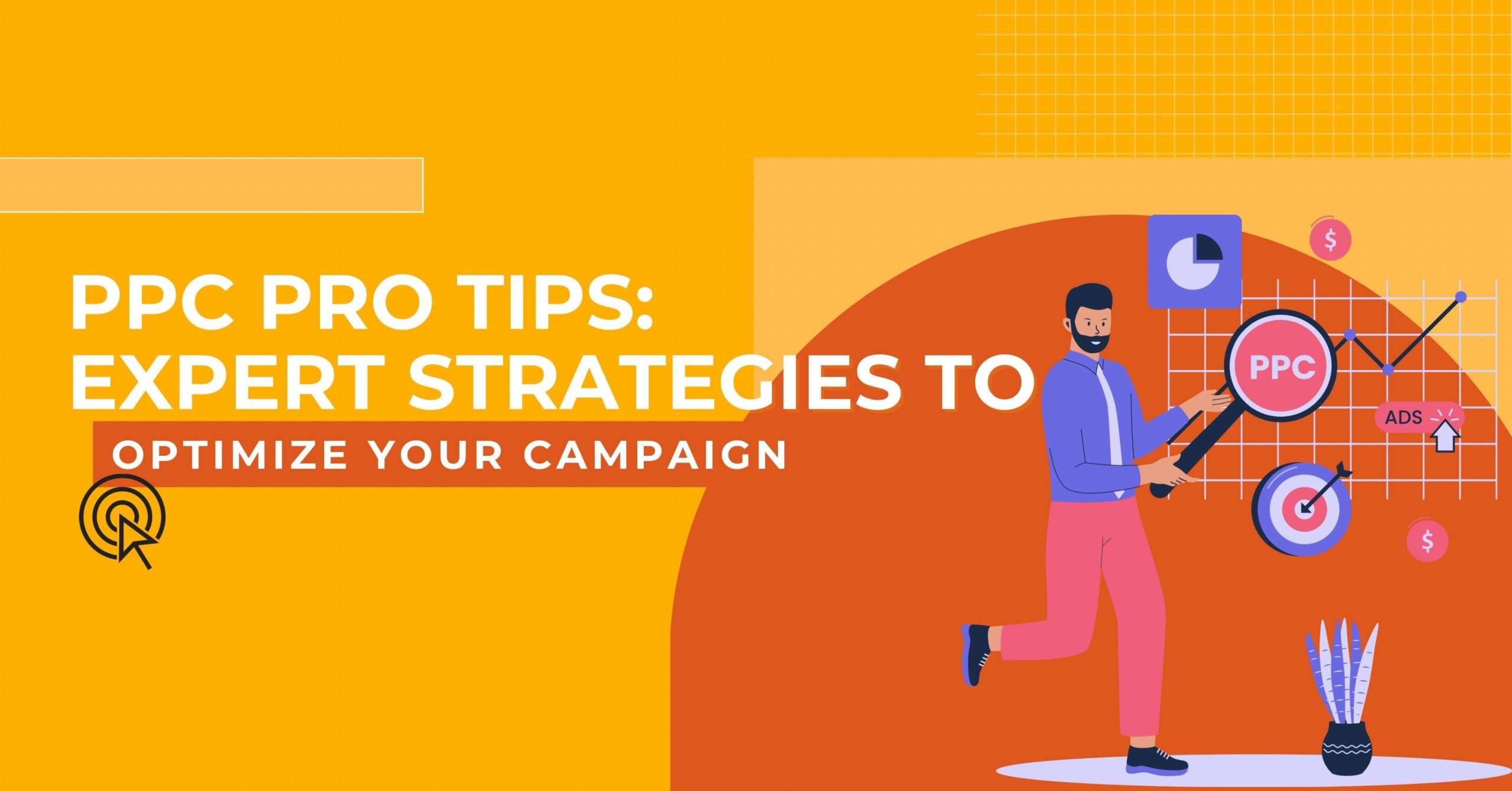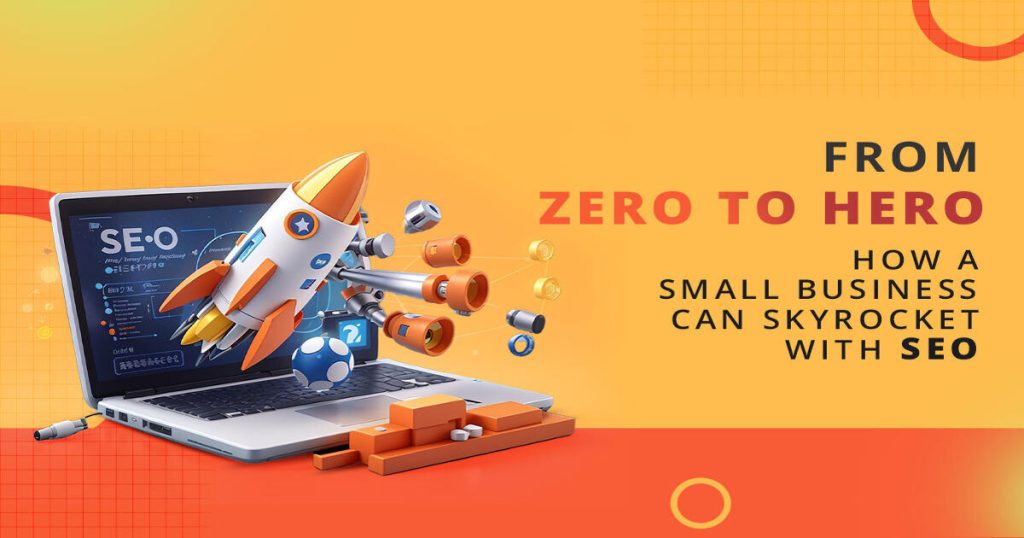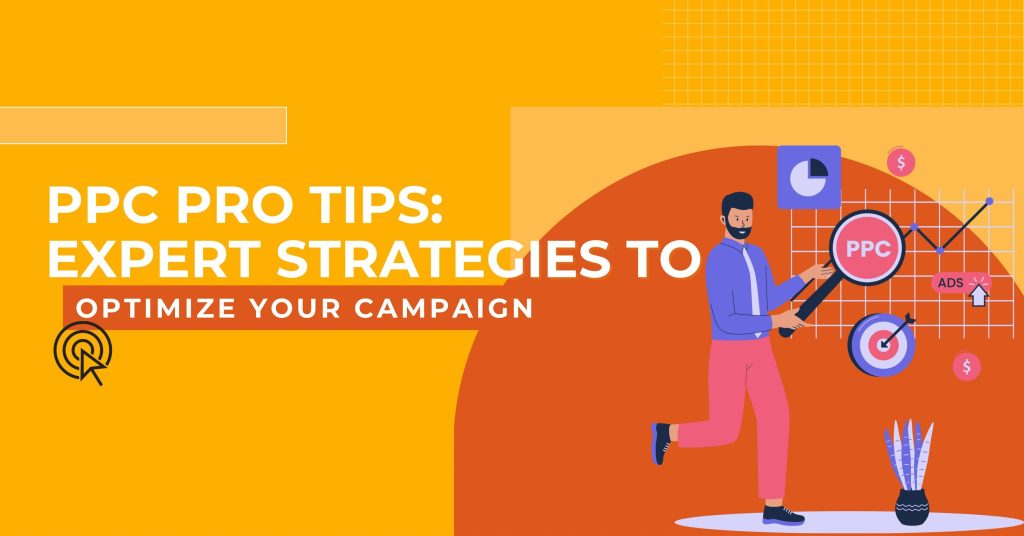Pay-Per-Click (PPC) advertising is a powerful tool for driving traffic, leads, and sales. However, to truly harness its potential, it’s essential to go beyond the basics and implement expert strategies. This article will delve into advanced tips and techniques that can help you optimize your PPC campaigns for maximum effectiveness and return on investment (ROI).
Understanding the Basics
Before diving into advanced strategies, it’s important to ensure that your PPC fundamentals are solid. Here’s a quick recap of the basics:
Keyword Research: Identifying relevant keywords that your target audience is searching for.
Ad Copy: Writing compelling ad copy that attracts clicks.
Landing Pages: Creating optimized landing pages that encourage conversions.
Bid Management: Setting and adjusting bids to control costs and maximize ROI.
Tracking and Analytics: Using tools like Google Analytics to monitor and analyze campaign performance.
Expert Strategies for PPC Optimization
1. Advanced Keyword Straegies
Long-Tail Keywords
Long-tail keywords are longer, more specific keyword phrases that target niche markets. These keywords often have lower competition and higher conversion rates.
Pro Tip: Use tools like Ubersuggest, Ahrefs, and SEMrush to identify long-tail keywords relevant to your business. Incorporate these keywords into your ad groups to reach a more targeted audience.
Negative Keywords
Negative keywords prevent your ads from showing up for irrelevant searches, saving you money and improving your ad relevance.
Pro Tip: Regularly review your search terms report to identify and add negative keywords. This helps refine your audience targeting and ensures that your ads are only shown to users with a high likelihood of converting.
2. Compelling Ad Copy and A/B Testing
Crafting Effective Ad Copy
Your ad copy should be engaging, relevant, and include a strong call-to-action (CTA). Highlight unique selling points and use language that resonates with your target audience.
Pro Tip: Use emotional triggers and urgency in your ad copy to encourage clicks. Phrases like “Limited Time Offer” or “Exclusive Deal” can create a sense of urgency.
A/B Testing
A/B testing involves creating multiple versions of your ads and testing them against each other to see which performs better.
Pro Tip: Test different headlines, descriptions, CTAs, and display URLs. Analyze the results and optimize your ads based on performance data. Continuous A/B testing helps you refine your ad copy and improve click-through rates (CTR).
3. Optimizing Landing Pages
Relevance and Consistency
Ensure that your landing pages are relevant to the ad copy and keywords. Consistency between the ad and landing page content improves user experience and conversion rates.
Pro Tip: Use the same keywords and phrases in your landing page as in your ad copy. Make sure the landing page headline matches the ad headline to create a seamless transition.
Clear and Compelling CTAs
Your landing page should have a clear, compelling CTA that guides users towards the desired action.
Pro Tip: Use action-oriented language and make your CTA stand out visually. Examples include “Buy Now,” “Sign Up Today,” or “Get Started.”
4. Leveraging Ad Extensions
Ad extensions provide additional information and increase the visibility of your ads. They can improve your ad’s CTR and overall performance.
Types of Ad Extensions
Sitelink Extensions: Direct users to specific pages on your website.
Call Extensions: Allow users to call your business directly from the ad.
Location Extensions: Show your business address and a map.
Callout Extensions: Highlight additional benefits or features.
Pro Tip: Utilize all relevant ad extensions to enhance your ads and provide more value to users. Regularly update and test different extensions to see which ones perform best.
5. Geo-Targeting and Scheduling
Geo-Targeting
Geo-targeting allows you to show ads to users in specific locations. This is especially useful for local businesses.
Pro Tip: Use geo-targeting to focus your ad spend on areas with the highest potential for conversions. Exclude regions where your products or services are not available.
Ad Scheduling
Ad scheduling lets you control when your ads are shown, ensuring they reach your audience at the most effective times.
Pro Tip: Analyze your campaign data to identify peak performance times and adjust your ad schedule accordingly. For example, if you notice higher conversion rates during weekdays, prioritize your ad spend during those times.
6. Utilizing Remarketing
Remarketing (or retargeting) involves showing ads to users who have previously visited your website. This strategy helps keep your brand top-of-mind and encourages return visits and conversions.
Pro Tip: Create customized remarketing lists based on user behavior. For example, target users who visited a specific product page but didn’t make a purchase with a special discount offer.
7. Monitoring and Optimization
Regular Performance Analysis
Regularly review your PPC campaign performance using analytics tools. Focus on key metrics such as CTR, conversion rate, cost-per-click (CPC), and ROI.
Pro Tip: Set up automated reports to track your campaign performance. Use this data to make informed decisions and adjust your strategies accordingly.
Continuous Optimization
PPC is not a set-it-and-forget-it strategy. Continuous optimization is key to maintaining and improving campaign performance.
Pro Tip: Conduct regular audits of your PPC campaigns. Identify underperforming keywords and ads, and make necessary adjustments. Test new keywords, ad copy, and landing page variations to stay ahead of the competition.
8. Leveraging AI and Automation
AI and automation tools can significantly enhance your PPC campaigns by optimizing bids, targeting, and ad placements.
Pro Tip: Use automated bidding strategies available in Google Ads and other platforms to maximize conversions or ROI. Tools like Google’s Smart Bidding use machine learning to adjust bids in real-time based on auction-time data.
Real-World Examples of PPC Optimization
Indian Digital Payment Platform: Paytm
Paytm, a leading digital payment platform in India, uses PPC advertising to promote its wide range of financial services, from mobile recharges to banking solutions. By employing advanced keyword strategies and remarketing campaigns, Paytm ensures that its ads reach the right audience segments, such as users interested in digital wallets and online payments.
Insight: Paytm’s success with PPC highlights the importance of understanding user behavior and leveraging targeted ads to drive engagement and conversions in the competitive fintech industry.
Global Streaming Service: Netflix
Netflix uses PPC advertising to promote new releases, special offers, and localized content. By leveraging advanced targeting options and ad extensions, Netflix can reach potential subscribers based on their viewing habits, geographic location, and language preferences.
Insight: Netflix’s approach to PPC underscores the value of personalized and localized advertising strategies, ensuring that their ads resonate with diverse audiences and drive subscription growth worldwide.
Travel Aggregator: MakeMyTrip
MakeMyTrip, a major travel booking site in India, employs PPC campaigns to capture users searching for flights, hotels, and holiday packages. They use dynamic search ads to show relevant travel options based on real-time search queries and retargeting ads to re-engage users who abandoned their booking process.
Insight: MakeMyTrip’s use of dynamic and retargeting ads highlights the importance of timely and relevant ad content in the travel industry, driving conversions by addressing the specific needs and behaviors of potential customers.
Global E-commerce Platform: Amazon
Amazon utilizes PPC advertising extensively to promote individual products and categories. Through precise keyword targeting, product display ads, and sponsored brand ads, Amazon ensures high visibility for its listings, driving traffic and sales.
Insight: Amazon’s PPC strategy showcases the effectiveness of a multi-faceted approach, combining different ad formats and targeting methods to dominate search results and enhance product discoverability.
Fitness and Health App: Cure.fit
Cure.fit, a health and fitness app in India, uses PPC ads to attract users interested in wellness, fitness classes, and health consultations. By focusing on mobile-friendly ad formats and using location-based targeting, Cure.fit can effectively reach users in urban areas where demand for fitness services is high.
Insight: Cure.fit’s success with PPC advertising illustrates the potential of leveraging mobile-centric and location-based strategies to engage users in the growing health and wellness market.
SaaS Company: Zoho
Zoho, an Indian SaaS company offering a suite of business applications, employs PPC campaigns to generate leads and drive sales for its software solutions. By targeting specific industries and business sizes, Zoho ensures that its ads are seen by decision-makers looking for business management tools.
Insight: Zoho’s targeted PPC approach emphasizes the importance of segmenting audiences based on industry and business needs, enhancing the relevance and impact of their advertising efforts.
Conclusion
Optimizing PPC campaigns requires a blend of strategic planning, continuous monitoring, and advanced techniques. The success stories of companies like Flipkart, Chumbak, Paytm, Byju’s, Netflix, MakeMyTrip, Amazon, Cure.fit, and Zoho illustrate how diverse industries can effectively leverage PPC advertising to achieve their marketing goals. By applying these expert strategies, businesses can enhance their PPC performance, reach their target audiences more precisely, and achieve higher ROI.




